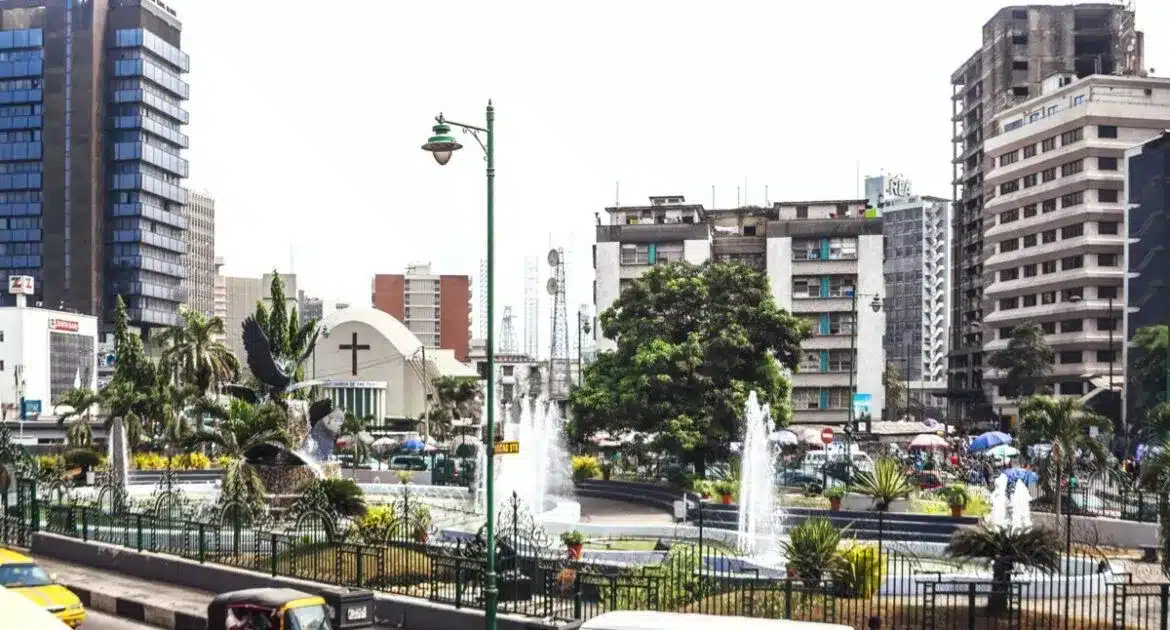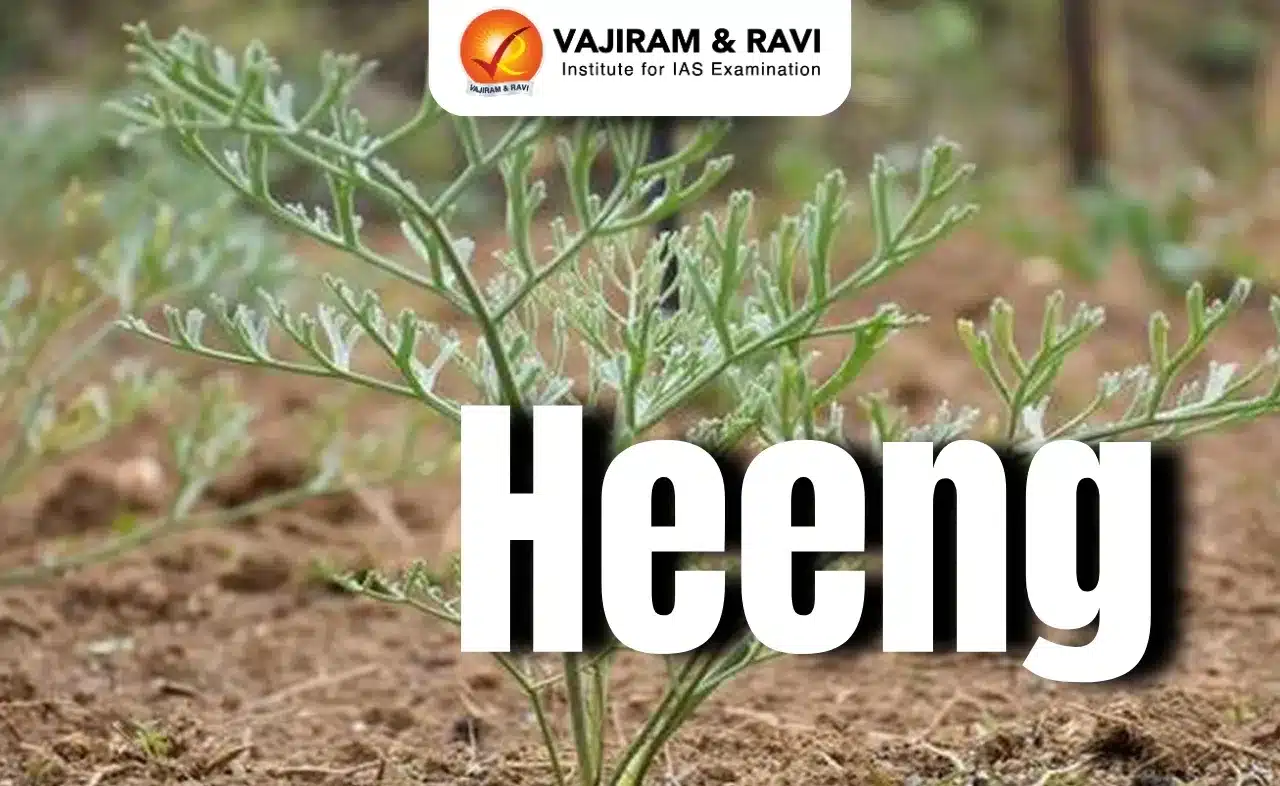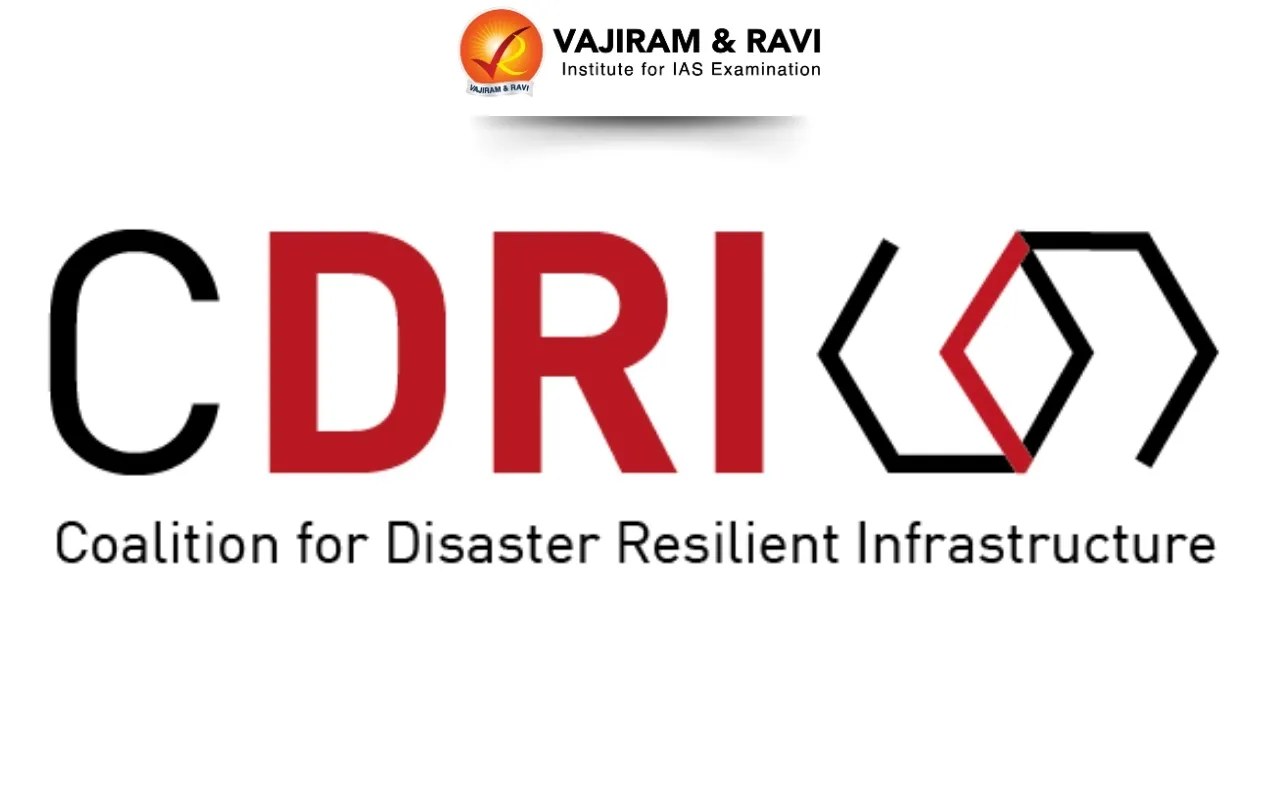About Nigeria:
- It is a country located on the western coast of Africa. It is often called the “Giant of Africa.”
- Boundaries: It is bordered to the north by Niger, to the east by Chad and Cameroon, to the south by the Gulf of Guinea of the Atlantic Ocean, and to the west by Benin.
- It achieved independence from Britain in 1960.
- It covers an area of around 9.24 lakh square kilometres.
- It is also Africa’s most populous country.
- Capital: Abuja
- Language: English is Nigeria’s official language, although many local languages such as Hausa, Yoruba, Igbo, and Ijaw are also spoken.
- Money: Naira
- Nigeria has a diverse geography, with climates ranging from arid to humid equatorial.
- Drainage:
- The major drainage areas in Nigeria are the Niger-Benue basin, the Lake Chad basin, and the Gulf of Guinea basin.
- The Niger River, for which the country is named, and the Benue, its largest tributary, are the principal rivers.
- Major Mountain Range: Cameroonian Highlands
The country has abundant natural resources, notably large deposits of petroleum and natural gas.
Q1: Which countries border the Gulf of Guinea?
Covering an area of 2.35 million km2, the Gulf of Guinea is the northeastern most portion of the tropical Atlantic Ocean located off the western coast of the continent of Africa.The 16 coastal countries that are situated along the Gulf of Guinea are Angola, Benin, Cameroon, Cote d’Ivoire, Democratic Republic of Congo, Republic of Congo, Guinea, Equatorial Guinea, Guinea-Bissau, Gabon, Nigeria, Ghana, São Tomé and Principe, Togo and Sierra Leone.
Source: The collapse of a school in northern Nigeria leaves 22 students dead, officials say
Last updated on June, 2025
→ UPSC Notification 2025 was released on 22nd January 2025.
→ UPSC Prelims Result 2025 will be out soon for the CSE held on 25 May 2025.
→ UPSC Prelims Question Paper 2025 and Unofficial Prelims Answer Key 2025 are available now.
→ UPSC Calendar 2026 is released on 15th May, 2025.
→ The UPSC Vacancy 2025 were released 1129, out of which 979 were for UPSC CSE and remaining 150 are for UPSC IFoS.
→ UPSC Mains 2025 will be conducted on 22nd August 2025.
→ UPSC Prelims 2026 will be conducted on 24th May, 2026 & UPSC Mains 2026 will be conducted on 21st August 2026.
→ The UPSC Selection Process is of 3 stages-Prelims, Mains and Interview.
→ UPSC Result 2024 is released with latest UPSC Marksheet 2024. Check Now!
→ UPSC Toppers List 2024 is released now. Shakti Dubey is UPSC AIR 1 2024 Topper.
→ Also check Best IAS Coaching in Delhi






















